Analyst: The sanctions strengthen the incumbent power
This Sunday, September 18th, the Russian elections take place. West often focuses on the small parties that criticize President Vladimir Putin and his party United Russia, but the real battle is for second place. Will it be communists or liberals who become Russia's second largest party? New Times (NyT) spoke to the political analyst and the head of the International Institute of political expertise Yevgeny Minshenko of the recent electoral reforms and the West's view of the election.
Published: September 18, 2016, 1:30 pm
Yevgeny Minshenko is a well-known Russian political analyst and director of the International Institute of political expertise. He is among the 20 leading political analysts in Russia. New Times has been given an exclusive interview on the forthcoming elections.
What effect do you think the sanctions from the EU and the United States have had on the general mood in Russia before the elections, given that one of the goals was that they would cause popular discontent with the government’s actions, facilitate the change of government, etc?
– I believe that the sanctions strengthened the anti-Western sentiments in society. There are those who hoped that the sanctions would provoke protests against Putin and his government, but in reality they led to the exact opposite reaction.
Is that really the only result of the sanctions? Are there any other results?
– When the domestic social and economic situation has really been put to the test, it is not so much the result of the sanctions themselves, as of the unbalanced economic model.
[Edit. note: It is wildly accepted that a dominant part of Russian economy is based on oil income, and that it suffered when US oil rich ally Saudi Arabia dumped the price of the oil two years ago.]
The United States often criticizes Russia for what they call “the absence of a democratic atmosphere.” What do you think; can one speak of diversity when talking about Russia’s political landscape in the parliamentary elections? Many new parties have emerged as a result of the liberalization of the law on registration of political parties.
– The upcoming elections are a major step forward. Firstly, the law has been liberalized, and now there are around fifty parties in the country. Secondly, the compilation of party lists is now easier – petitions are no longer needed and it is enough to obtain a fraction of one of the regional parliaments. Thirdly, the threshold for entry into parliament has been reduced to 5 percent of the votes. Fourthly, the single-member constituencies are now reinstated. Thus, the procedure to nominate a candidate in a single-member constituency is fairly simple, and the 14 parties that have factions in at least one Regional Assembly have the opportunity to put forward nominations without a petition.
If we try to compare this with West’s electoral system, what are the main differences between the Russian system and that of the West?
– The main difference is that other countries will tend to use either a system with multiple winners resulting in proportional representation [as in Sweden], or the single-member constituencies, while we have had a mixed system in which half of the nominees are chosen through party lists and the other half in single-member constituencies. This allows a combination of the positive aspects of both systems.
How would you describe the coverage of the elections in Russia in the Western media?
– The coverage is biased. For some reason they don’t cover the real issues of the campaign, focusing instead on the plight of politicians in the margins, those who do not enjoy any greater popularity. When I talk to them, they complain that our election campaign is boring, and when I tell them that there is a fierce competition over who will take second place between the Russian Communist Party (KPRF) and the Liberal Democratic Party (LDPR) they say that they are not interested. What interests them is whether the pro-Western parties “Parnas” and “Yabloko” have a chance to enter the parliament. When I tell them that they have no chance, they say that the elections are completely wrong and that there is no real competition. But what can be done about these people, when the leaders of these parties are not popular in their country? In any case, the Kremlin is not rigging the election in their favor.

Evgeny Minshenko’s work includes “Programming the scenarios of political campaigns,” which describes a method for the evaluation of political risks in the Russian Federation regions and in post-Soviet countries and the influence of lobbyists’ four-stage model. He was born April 17, 1970 in Chelyabinsk in the Urals. From 1993 to 2009 he was Director General of the analytical agency “New picture”. Since 2009, he is chairman of the telecommunications company “Minshenko Consulting”. Since the late 1990s, he has been hired as a consultant by various state structures that the State Duma and the Russian Government. Photo: New Times
What aspects of the election campaign would you like to bring to the attention of the Western media?
– I guess the most interesting events take place in the regions. The strongest competition is in single constituencies. According to our latest research it is not the Duma elections which are the most expensive, but the elections for the regional legislative assemblies. The hardest fight takes place between regional elites, but is not determined by political considerations, but mostly by business interests.
What is your estimate of the ruling party’s chances in the election, where there is not only United Russia, which supports Putin, but other parties too?
– These parties must come to the high level of support that Putin enjoys – where the level reaches 80 percent – and it is clear that not many people give up on trying to match it. I would not, however, call the Communists, he LDPR and Just Russia (RR) candidates of the ruling party, when they make their own personal decisions, criticize the government and so on. Thus, I believe that the main battle takes place between the parliamentary parties, that is, on the one hand, the ruling United Russia and on the other, opposition parties: the KPRF, he LDRP and the RR.
If we look at some new political forces, such as “Rodina” (The Family), which is close to the ruling party, do they have a chance to get into parliament? Does a pro-Western party have a chance to be chosen?
– Well, in fact we do not have any pro-Western parties. The parties that are considered pro-Western are not generally pro-Western at all. Take for example the “Yabloko”, one of the few parties that did not welcome the accession of the Crimea. In fact this portion is controlled by a single conductor, Grigory Yavlinsky’s own fan-club. I think that is the main problem for the party. Yavlinsky has been in politics for nearly thirty years now, and, to be honest, everyone is a little tired of him. And regarding “Parnas”, it used to be a liberal party, but is now just a party consisting of Putin-haters and people who have made xenophobic and anti-Semitic statements.
What is your estimate of Alexei Navalny’s prospects? He used to be an ambitious leader and organized demonstrations against the ruling party United Russia, which he called “the thieves and fraudsters party”. Now he has in a sense retreated and the figures are in the background.
– Since a judgment handed down against Navalny where he was found guilty of crimes, he can not be nominated in the next ten years. Anyway, his support levels have dropped drastically lately because of a series of conflicts within the ranks of the opposition.
Some political observers, Western media and some officials in the West, accuse Russia of interfering in the internal political processes in Europe and in the United States, such as support for Donald Trump, Marine Le Pen and others. Can you call them actual protégés in Washington, Paris, Berlin on the Russian political scene?
– It’s no secret that Western politicians sympathize with the already mentioned Navalny. Some of his colleagues from the opposition are serving prison terms for receiving foreign money that they used to hold protest rallies. That is to say that there is documented proof that they received money from representatives of the Georgian authorities for organizing protest movements in Russia.
Regarding the protests, some experts believe that what is now taking place is a kind of dress rehearsal for the presidential election in two years, when Putin can not stand anymore. Can we expect mass protests in Maidan-style in the future, in a year or two?
– I can not see any good reason for such actions. Demonstration feelings are at a low level at the moment. It is difficult to say what will happen in two years. Let us wait and see.
All rights reserved. You have permission to quote freely from the articles provided that the source (www.freewestmedia.com) is given. Photos may not be used without our consent.
Consider donating to support our work
Help us to produce more articles like this. FreeWestMedia is depending on donations from our readers to keep going. With your help, we expose the mainstream fake news agenda.
Keep your language polite. Readers from many different countries visit and contribute to Free West Media and we must therefore obey the rules in, for example, Germany. Illegal content will be deleted.
If you have been approved to post comments without preview from FWM, you are responsible for violations of any law. This means that FWM may be forced to cooperate with authorities in a possible crime investigation.
If your comments are subject to preview by FWM, please be patient. We continually review comments but depending on the time of day it can take up to several hours before your comment is reviewed.
We reserve the right to delete comments that are offensive, contain slander or foul language, or are irrelevant to the discussion.
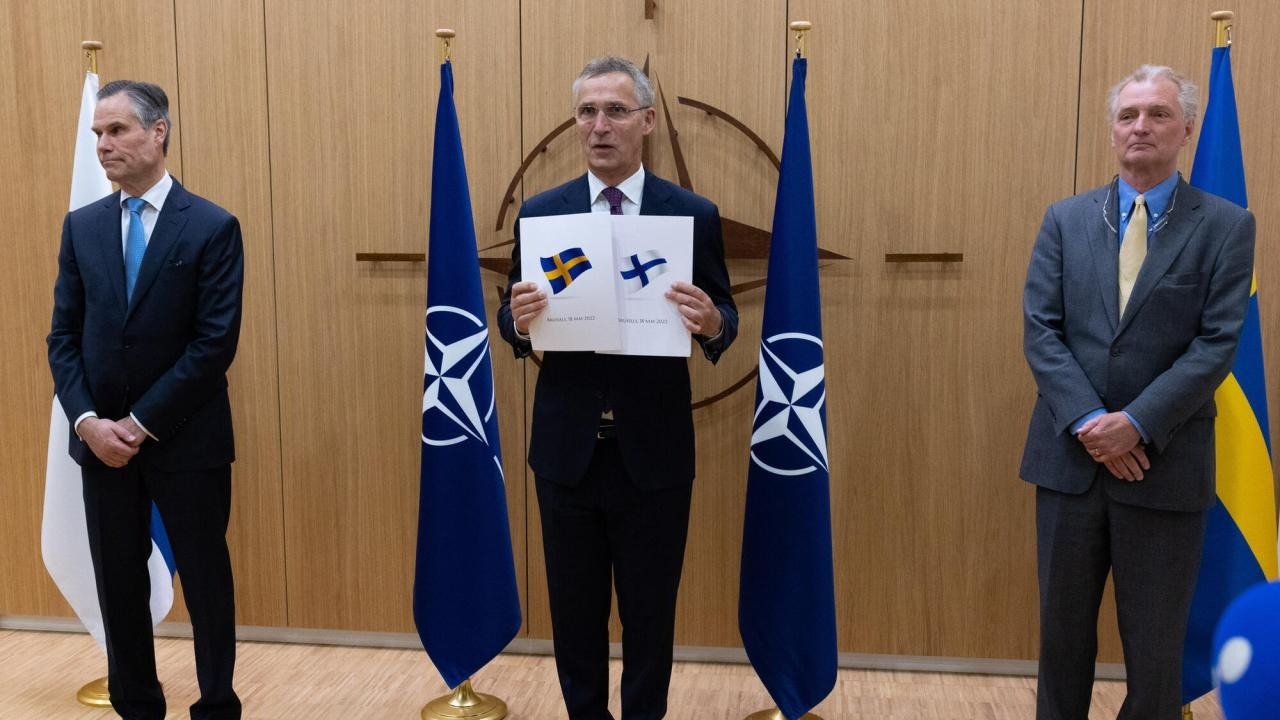
Sweden’s Path into NATO – What has happened
For over 200 years, Sweden has maintained its non-alignment and neutrality. Although the political parties have been predominantly supportive of NATO, they have refrained from pushing the issue, as public opinion has strongly favored maintaining neutrality. However, after Russia’s invasion of Ukraine, the time seemed ripe. It suddenly became urgent to join NATO before public opinion shifted back. However, the burning of Qurans and Turkey’s capriciousness have caused complications.
Spela på dina egna villkor
Det är väl inte särskilt konstigt att man vill kunna bestämma själv över olika val i sitt liv, som med hur man vill använda sig av olika spel. Denna möjlighet är dock större då man väljer onlinespel.
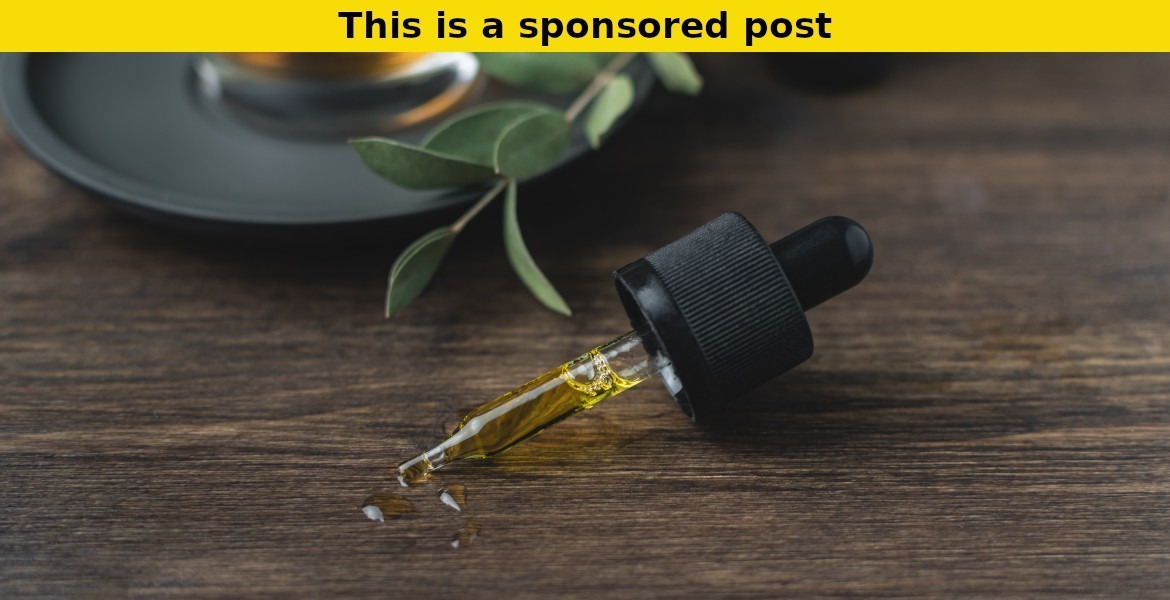
Health Benefits of CBD and What People Use It For
The CBD compound is the second most popular compound we get through extraction from hemp and cannabis plants. The number one in popularity is THC, of course. When we think of THC, we usually connect it to the state of feeling “high,” sometimes even too intensely.

Australian doctors denounce anti-hydroxychloroquine study as fake
MelbourneAustralian infectious disease researchers have raised the alarm about fake data in a study published in The Lancet denouncing the drug hydroxychloroquine in the treatment Covid-19. The Australian Department of Health has been stockpiling millions of doses of hydroxychloroquine.
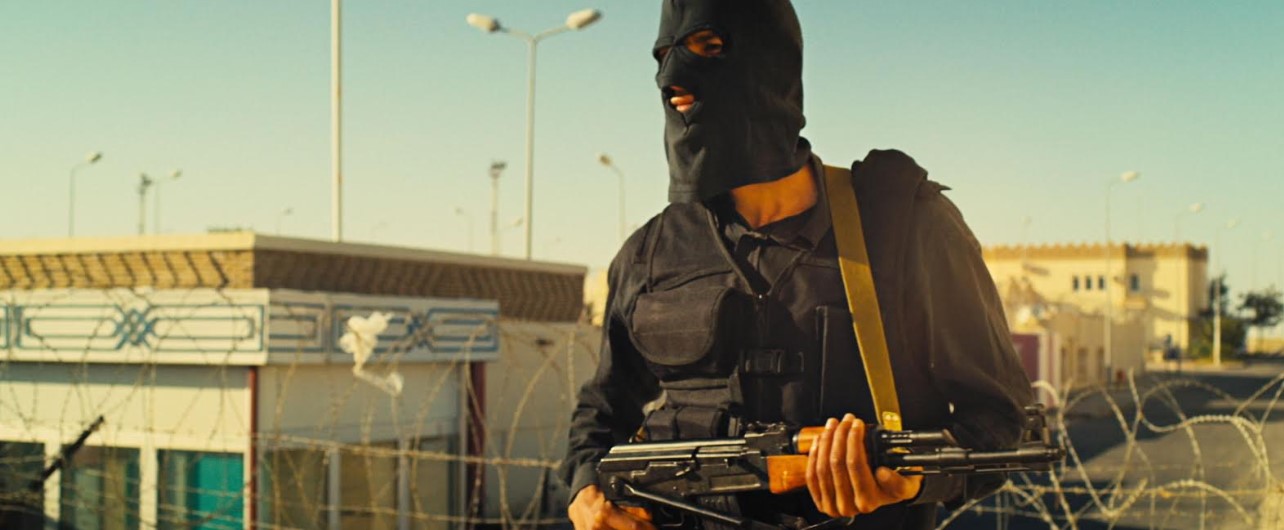
‘Shugaley’: In the hands of Islamist terrorists
The Coronavirus pandemic has not been not an obstacle for the release of a new Russian movie about Libyan war, available online from April.
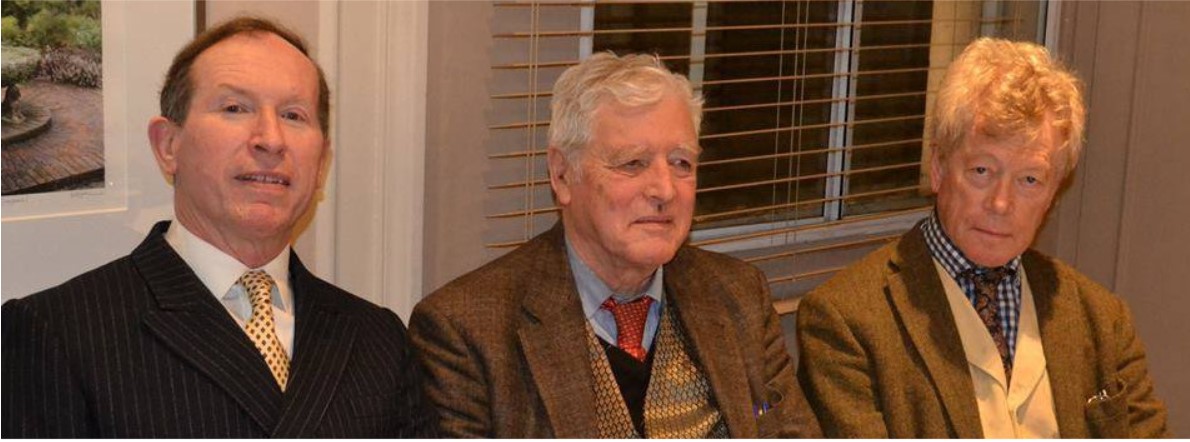
Roger Scruton’s friend: ‘He gave us hope’
Conservative philosopher Roger Scruton is dead. He died on January 12 of cancer. Scruton was honoured in 2016, but last year was subjected to a brutal smear campaign by the mainstream media and was at the end of his life persona non grata among the establishment. When death was imminent, Scruton told him that he had been deprived of both health and reputation, but expressed no resentment, only gratitude for all the positive things he had been involved in. The Swedish news outlet Nya Tider has spoke to Scruton's friend Gregory Lauder-Frost from the Traditional Britain Group.

Merry Christmas to all our readers!
The editorial staff of FreeWestMedia wishes you a blessed Christmas and a happy New Year! We thank you for the loyalty you have shown us throughout the year and for your support.
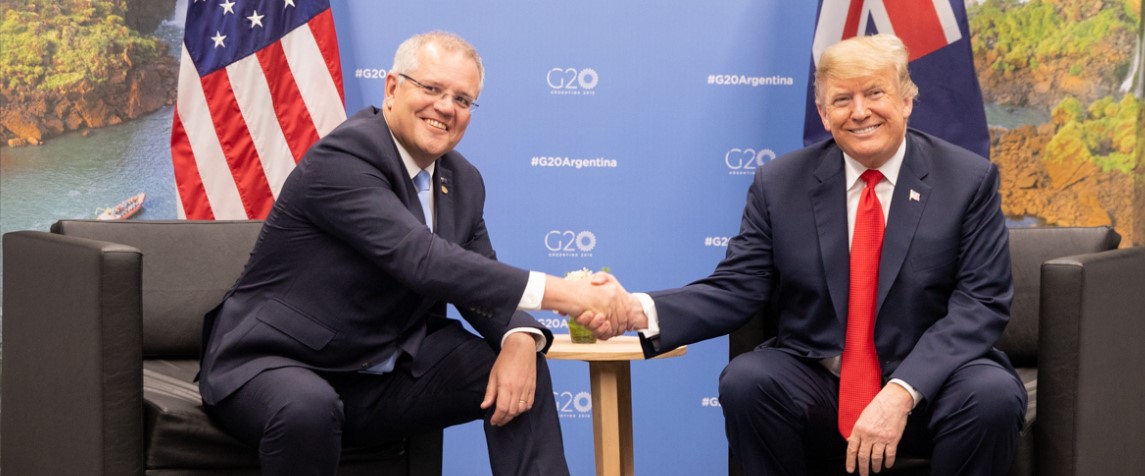
Australia creates fake horoscopes to deter Sri Lankan migrants
CanberraFor two years, Australian authorities have been broadcasting horoscopes with harmful predictions to dissuade potential migrants from carrying out their project.

Will the Yellow Vests conquer the municipal elections?
In the run-up to the 2020 municipal elections, the Yellow Vests intend to weigh in by loudly claiming their demands at a local level. And they will do so without necessarily presenting a list.







